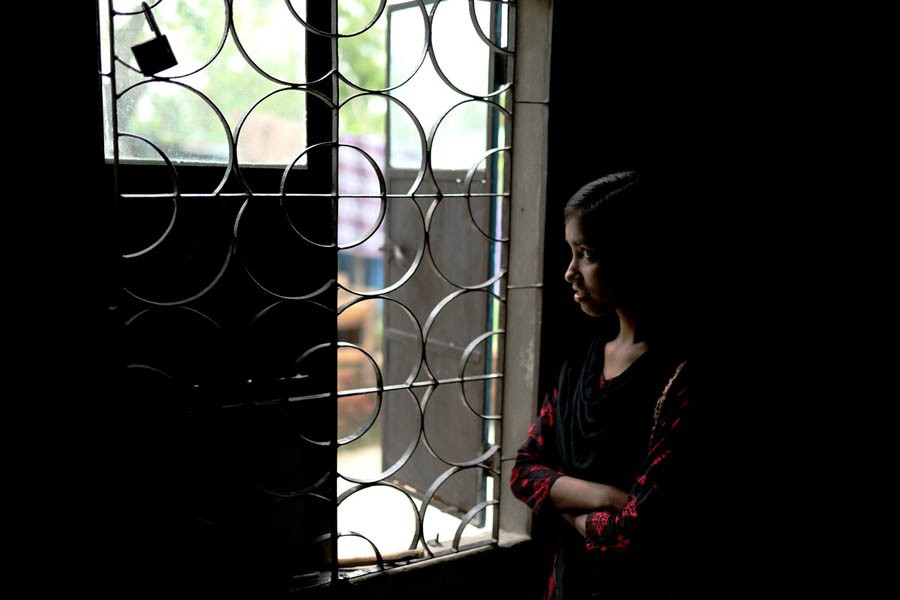The coronavirus pandemic has created a situation of hidden hunger in Bangladesh, which can be detrimental to the physical and mental development of infants and children, according to a study report.
A vast majority of the households were not having meat or milk since the pandemic, said the joint survey by BIGD and PPRC.
The dismal scenario has had a serious impact on the poverty dynamics in the country.
COVID-19 had brought the country’s economy to a standstill, leaving a vast swathe of our population, particularly the economically vulnerable groups, out of work.
The survey– first conducted in April and then followed up in June with thousands of slum-dwellers and villagers across Bangladesh– found that a few could recover from the economic distress created by the pandemic.
In a webinar hosted on Tuesday, Dr Hossain Zillur Rahman, Executive Chairman of PPRC and Dr Imran Matin, Executive Director of BIGD presented these findings, says a media release.
Small businesses, unskilled and skilled labour have been the hardest hit. Women have been more severely affected across all occupational categories; over half of the women working as housemaids in February were still out of work in June, according to the survey.
In April, a month after the pandemic started, only 50 per cent households in rural areas and 32 per cent in urban slums had any economic activity.
After the lockdown was lifted, many have since resumed their work, and the rates substantially improved in June, 83 per cent and 84 per cent respectively.
But this revival has so far not really be translated in income recovery; only a fraction of the per capita income lost due to the pandemic was recovered in June. And about 17 per cent households were still out of work in June.
Nowhere is this more evident than in people’s food expenditure. Per capita food expenditure that dropped after the pandemic did not improve much in June.
Thirty per cent households in June reduced food consumption to cope with the decline in income, very little change from April.
Having three meals was almost universal before the pandemic, but 11 per cent urban slum-dwellers (6.0 per cent rural residents) did not have three meals in June, as high as 15 per cent in Dhaka.
In April, we had found that, for 73 per cent of vulnerable non-poor people, (per capita income above upper poverty line and below the median national income) income had come much below the poverty line.
“We termed them the ‘new poor’ of Bangladesh. In June, the status of the ‘new poor’ was almost unchanged. Taking these new poor into account, the poverty rate in Bangladesh currently stands at a staggering 42 per cent,” said the study.
Those living in urban areas are doubly vulnerable due to the burdens of non-food expenditures, such as rent, utility, and transportation cost –largely inelastic expenditures predominantly associated with an urban lifestyle.
Consequently, many urban residents are moving out of the city – 16 per cent and eight per cent respondents in Dhaka and Chittagong had moved to some other districts, which indicate a graver economic burden on city-dwellers.
It is clear that the pandemic is changing the extent and nature of poverty in Bangladesh, at least in the short to medium run.
Dr Hossain Zillur Rahman, Executive Chairman of PPRC said, “People will try to work but they need safe working environment for that. For gaining the self confidence new national mood is needed.”
Dr Imran Matin, Executive Director of BIGD said, "One of the notable impacts on employment that we found from our research is 'feminisation.”
“Not only has there been an increase in unemployment in women-dominated occupations such as 'housemaids', but we also found that the impact on female employment is comparatively worse than that of male employment, even in sectors where both men and women workers are present," he said.
Researchers were also present with the journalists at the press conference.


